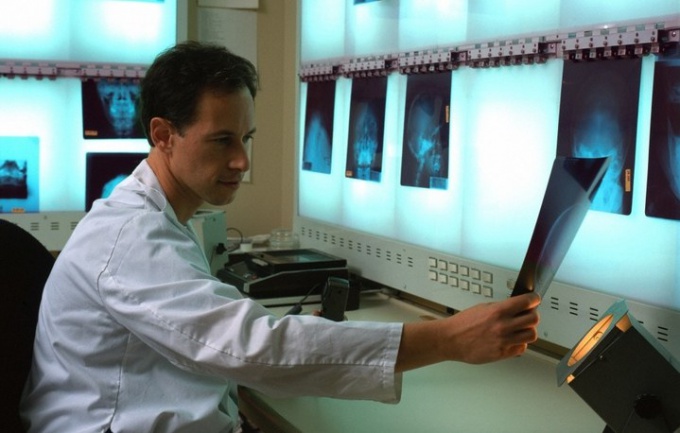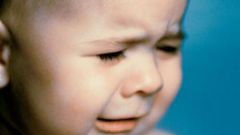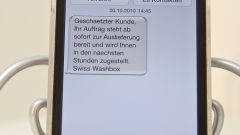Instruction
1
If your eyes man received a head injury, it is necessary to evaluate its condition and, if necessary, call a physician and give first aid. Rate the level of consciousness of the victim. If the person is at some time lost his senses, and complains of memory loss, disoriented - he's probably got a concussion. Call an ambulance to rule out a more serious brain injury.
2
Ask about the well-being of the victim. Often in mild traumatic brain injury the patient complains of severe headache. It can be a throbbing or oppressive, diffuse or local. If the pain is worse from even minimal physical activity, it joins the photophobia and nausea, most likely, a person is really a concussion.
3
Find out if it bothers the victim dizzy. Impaired coordination and balance is one of the signs of a concussion.
4
Check the symmetry of the pupils affected. Note their shape. Any deviations from the norm may indicate a concussion.
5
Watch victims for the first three days after injury. Symptoms of concussion can show up immediately. If a person is constantly sleepy, reduced performance, and the mood is depressed, see your doctor for advice. If the symptoms appeared after a head injury, no examination by a neurologist it is impossible to exclude a concussion.
6
Even if the diagnosis is not in doubt, and the person feels fine after head injury contact the hospital. A concussion is one of the easiest of traumatic brain injury. Often it hides more serious problems such as injury or compression of the brain. Insist on of a CT scan to exclude hemorrhage, edema, and other complications.
7
If the injured child, pay attention to his behavior. Poor appetite, unexplained crying, restless sleep should alert you. The clinical picture of concussion in children is blurred, so with any severe injury better to be safe and to be examined for diagnosis.





